"My brown skin left me judging myself through the prism of other people's prejudices"
Eva Verde always felt like an outsider in her white family. Now the author reveals how she reconnected with her lost roots for the sake of her young daughters
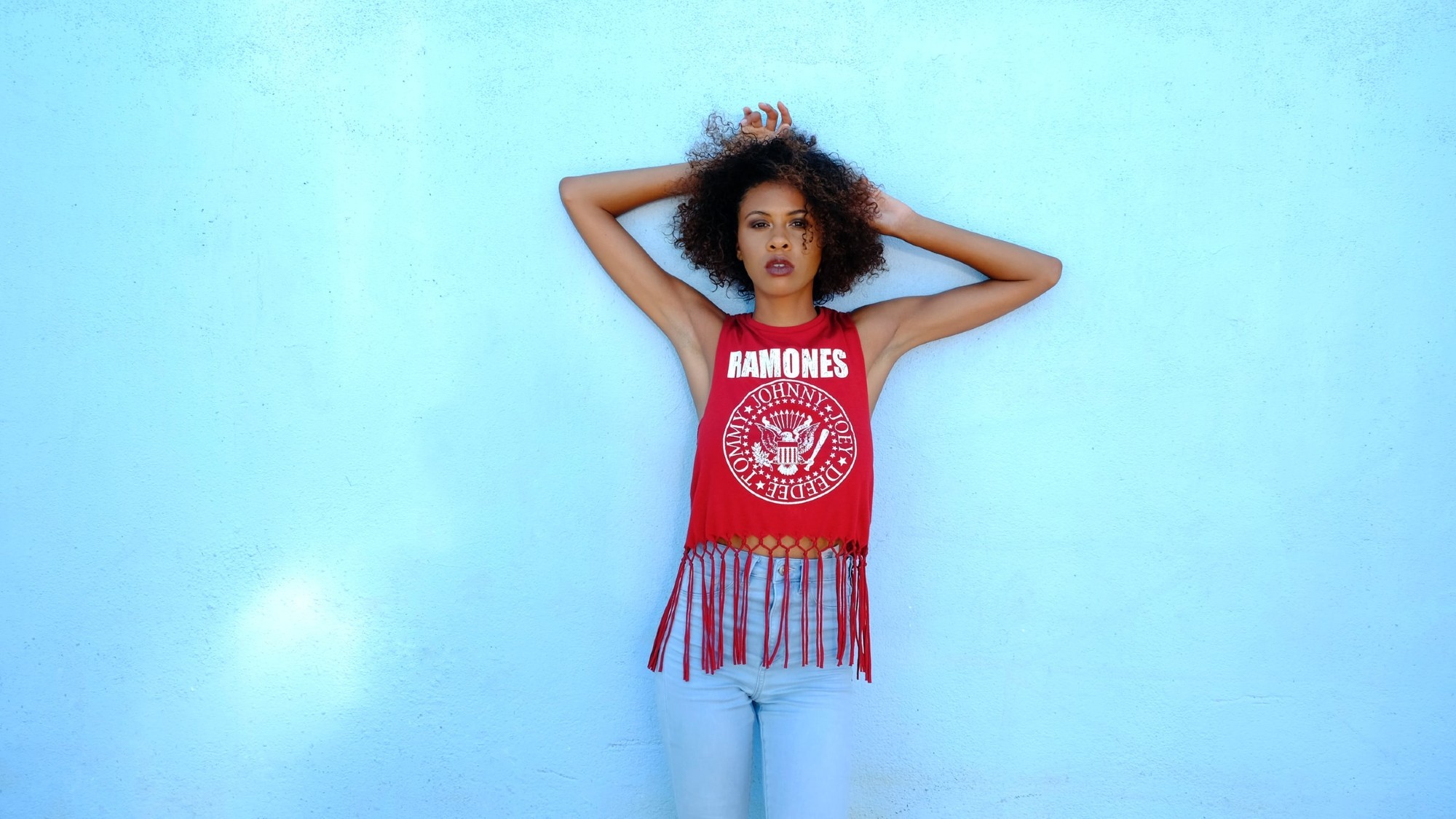
Eva Verde always felt like an outsider in her white family. Now the author reveals how she reconnected with her lost roots for the sake of her young daughters
All my life I've carried an in-built sixth sense attunement to being the oddity. It’s a feeling that grows whenever I find myself as the sole brown face; a subliminal recognition of not belonging. I’m as ordinary and commonplace as you get, a stay-at-home mum of three London-born Essex girl – yet an outsider, even though I’m not. I’ve no connection to my black ethnicity, have learnt to be me without any hereditary foundations.
This seemed unimportant when I lived in multicultural east London, but life changed when my mum married and we relocated to mid-Essex, an area as white as my new family. It marked an instant separation I was clueless how to navigate. The sudden awareness of my brownness flicked something deep fully awake and came with another realisation - how my skin could be the very last thing on my mind, but the very first thing on other people’s.
Time fogs my memory of then, but certain moments remain – those vividly recalled: a boy hitting me with sticks and slurs as I walked home from primary school. But also the tiny happenings, comments I never understood until I replayed them later. A girl, shielding my developing body with her towel as we changed for PE, asked what it's like being adopted, because all brown kids were. A friend’s mother, behind my family in church one Sunday, muttered on a loop under her breath; poor, poor Eva. With no one around who looked like me, that might’ve helped me feel proud of the skin I was in, I had instead this warped pity.
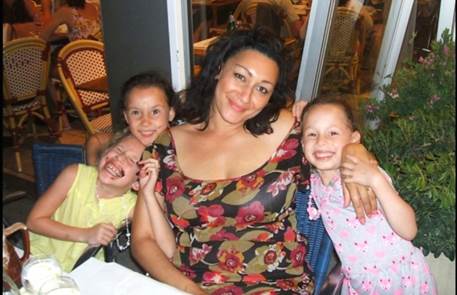
These small, strange assumptions became part of who I was, judging myself through the prism of other people’s pigeonholing, first impressions and prejudices. They made my skin my problem, stuck me with labels I’m cross I’ve not quite recovered from. Behaviours I feared I’d pass on to my own children.
Microaggressions reborn
A manifestation of similar feelings surfaced in 2008 when I was pregnant with twins. I’d worried that this identikit-two-peas-in-a-pod duo would exclude my firstborn, but it’s been my greatest delight how very different all my daughters are, inside and out. One mirrors her white father, the other is my own personal mini-me, and our dear eldest – resembling us both – bridges them beautifully.
I can’t overestimate how wonderfully restorative it’s been to have created these little people, and see myself in them so very clearly, yet I can’t deny still carrying all those old othered emotions. And scenarios. It took five years of school runs before some mums cottoned on that my eldest child was mine - presumed ‘the help’ as I’d been in my teens too, when looking after my little sisters.
Marie Claire Newsletter
Celebrity news, beauty, fashion advice, and fascinating features, delivered straight to your inbox!
I began writing Lives Like Mine in the aftermath of 2016 Brexit referendum. Reborn was a certain type of confidence, and the flooring vulnerability for anybody deemed unworthy of belonging. Replaying old moments was like picking at scabs; all those times I’d compromised myself for the benefit of certain friends, colleagues, even family – my own blood-ties slate black footballers, say their takeaway funds the Taliban. There’s been a bigot at my dinner table, repackaged as a godfather. The times I’d smiled, looked into the middle distance. Buried it deep. Around my white van white man husband, some customers presume safe footing for their cesspit opinions. He’s caught between wanting to call them out and wanting to be paid at the end of his jobs.
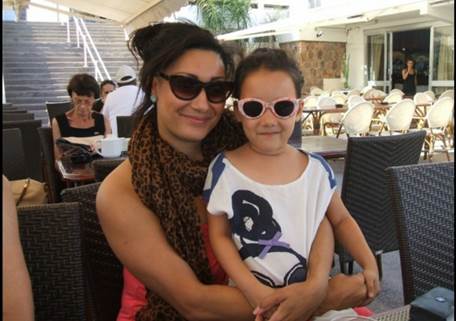
But then we thought about the kids. Worried how my mindset might display itself in my daughters, I challenged my past habits, exorcising the demons by writing about them - and made peace with myself. Proof comes from mini-me's early self-portraits, that show a child embracing her brownness wholeheartedly, because her mum is at last proud of hers. My potentially white passing children are connected to their hidden roots too, as sisters and as allies, and because together we value and cherish all that we are. Anyone’s problem with my mixed family can stay just that. Their problem.
Ignorance is easily buried, but it never truly lies easy. To overlook denies me of my experiences. It denies me my hurt. It’s a bizarre and most curious thing; sparing the feelings of those who never once considered mine - yet even as I write this, I’m anticipating theirs - an exceptional show of the insidiousness that is racism.
* Eva Verde’s debut novel, Lives Like Mine, publishes in all formats on June 10, RRP £12.99
The leading destination for fashion, beauty, shopping and finger-on-the-pulse views on the latest issues. Marie Claire's travel content helps you delight in discovering new destinations around the globe, offering a unique – and sometimes unchartered – travel experience. From new hotel openings to the destinations tipped to take over our travel calendars, this iconic name has it covered.
-
 Jump training workouts are being hailed as the best longevity workout you can do - a top personal trainer shares their guide
Jump training workouts are being hailed as the best longevity workout you can do - a top personal trainer shares their guideJump to it...
By Katie Sims
-
 I’m a bride who loves injectables—here are the dos and don’ts of getting them ahead of your wedding
I’m a bride who loves injectables—here are the dos and don’ts of getting them ahead of your weddingA game-changer, if done correctly
By Tori Crowther
-
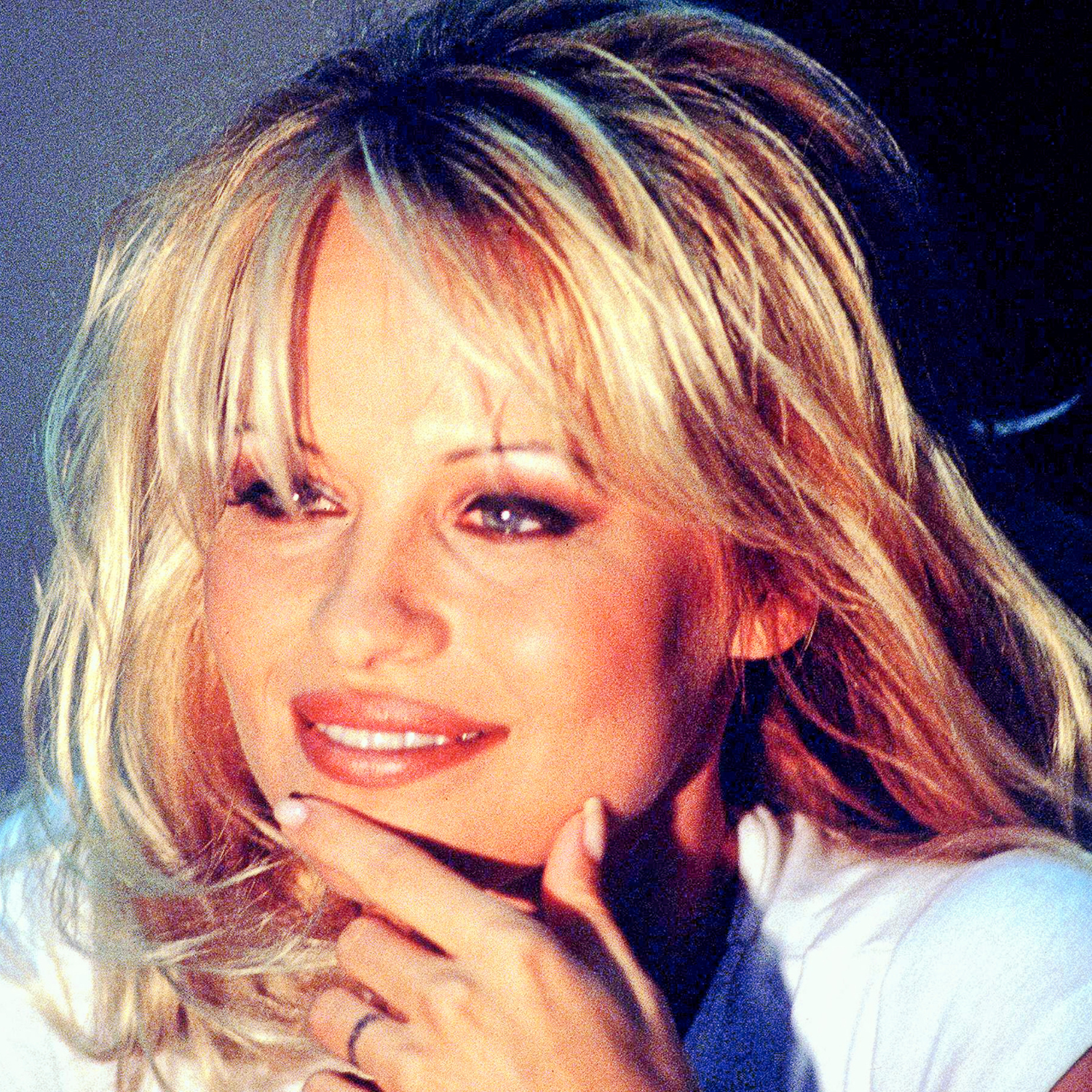 The 90s-inspired wispy, ‘sitcom fringe’ is my new obsession—it’s lightweight and perfect for summer
The 90s-inspired wispy, ‘sitcom fringe’ is my new obsession—it’s lightweight and perfect for summerBring back the nostalgia
By Jazzria Harris
-
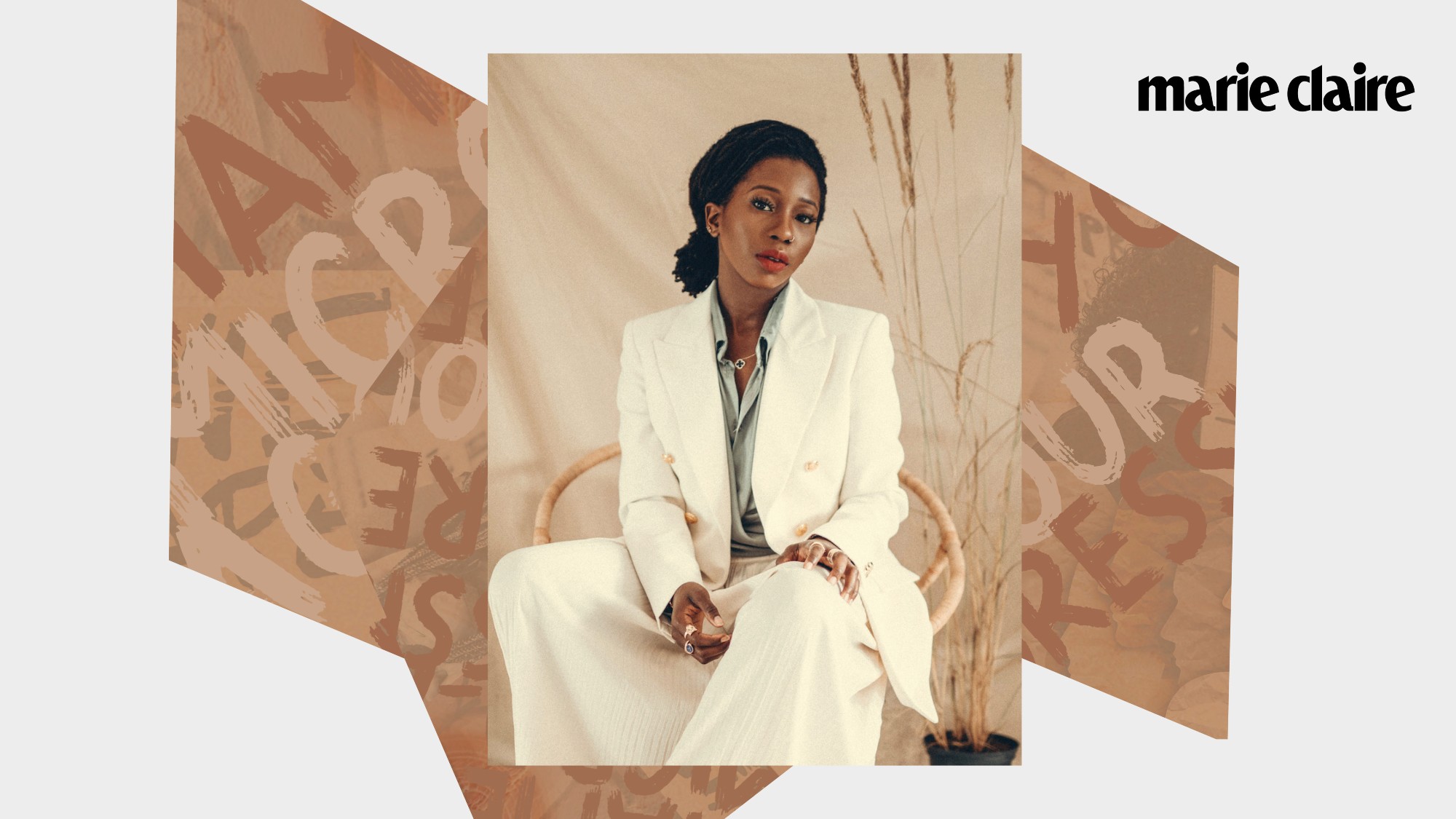 Racial micro aggressions some people don’t even realise are offensive
Racial micro aggressions some people don’t even realise are offensiveSharing her experience of this endemic symptom of racism, Dr Adanna Steinacker explains how we can all spot them and, more importantly, stop them forever
By Dr Adanna Steinacker
-
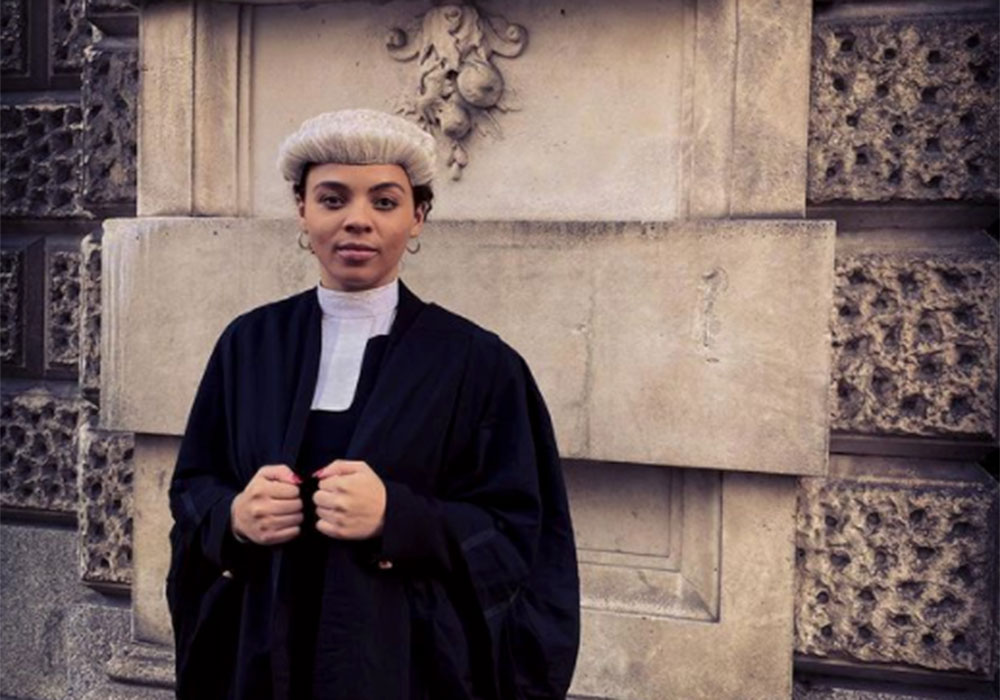 "I'm a Black barrister working in a broken justice system"
"I'm a Black barrister working in a broken justice system"Alexandra Wilson is a 26-year-old barrister speaking out about sexism, racism and class inequality at the very heart of the legal system. She shares her disturbing experiences, and why activism will make a difference.
By Alexandra Wilson
-
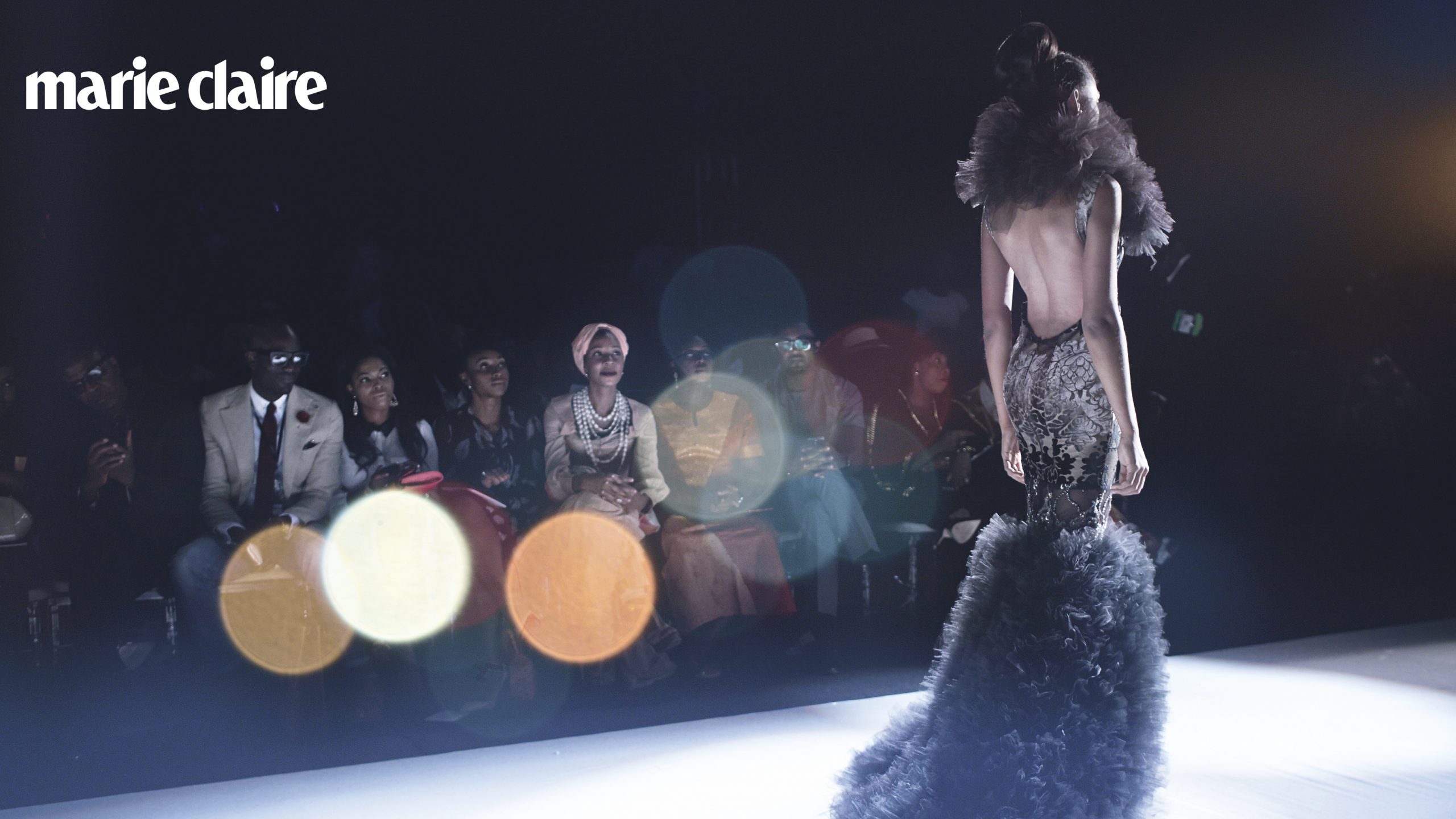 Models of colour: The reality of being Black backstage
Models of colour: The reality of being Black backstageThe modelling industry has a diversity issue, and it doesn’t just extend to the proportion of models with dark skin on runways and in photoshoots.
By Chloe Lovell
-
 "In the wake of BLM, corporations must be held accountable for their ethnicity gap"
"In the wake of BLM, corporations must be held accountable for their ethnicity gap"One year on from the murder of George Floyd, corporations both sides of the pond face questions as to whether they have fulfilled their promises to change their organisational structure, writes Jenny McCall
By Kate McCusker
-
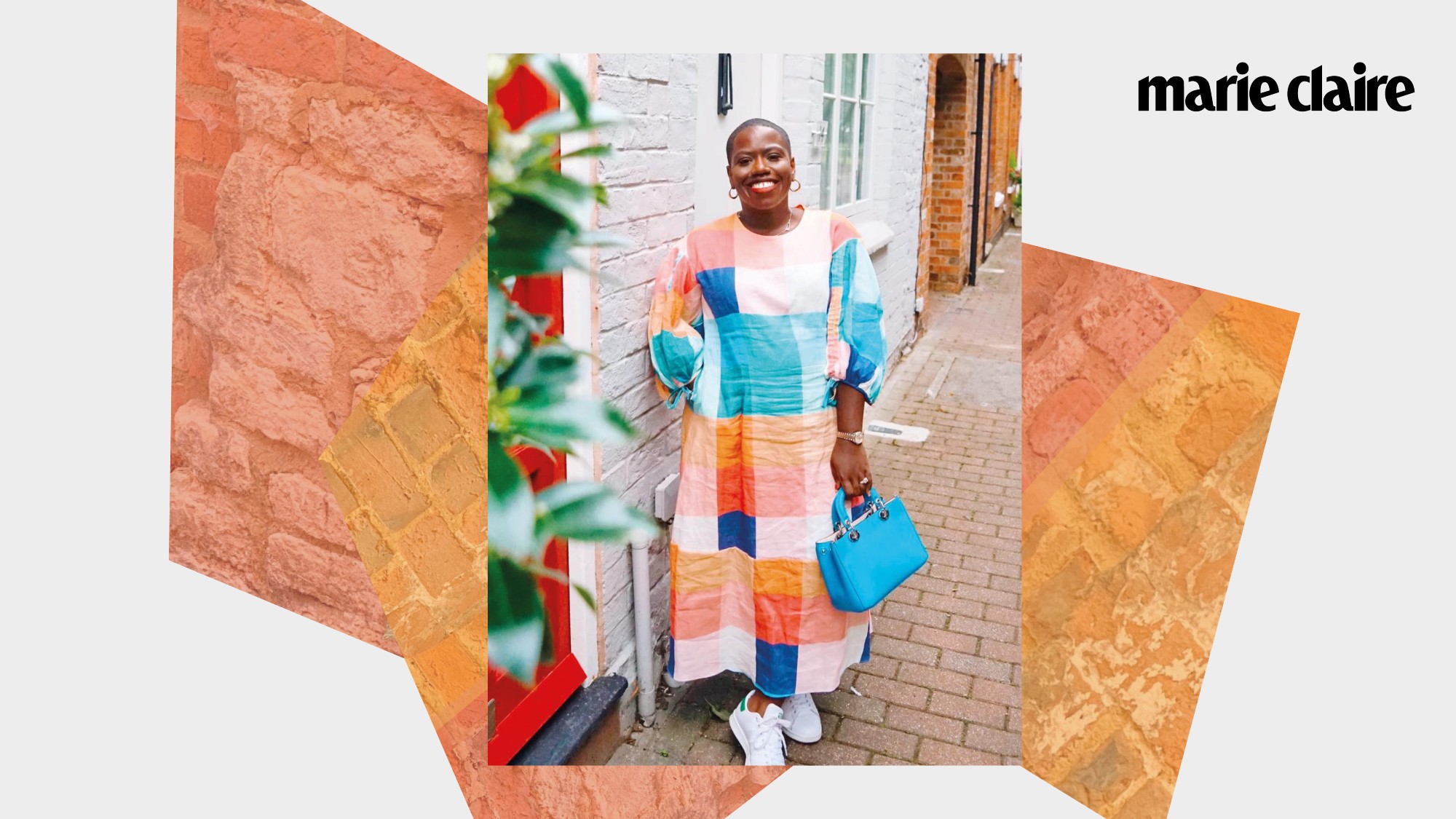 BLM 2021-Where Are We Now: "Change is infinitesimal," says Candice Brathwaite
BLM 2021-Where Are We Now: "Change is infinitesimal," says Candice BrathwaiteLooking outside her own echo chamber, Candice Brathwaite explains why she's not shocked at all that no meaningful change has happened despite a year of global protests and ferocious activism
By Maria Coole
-
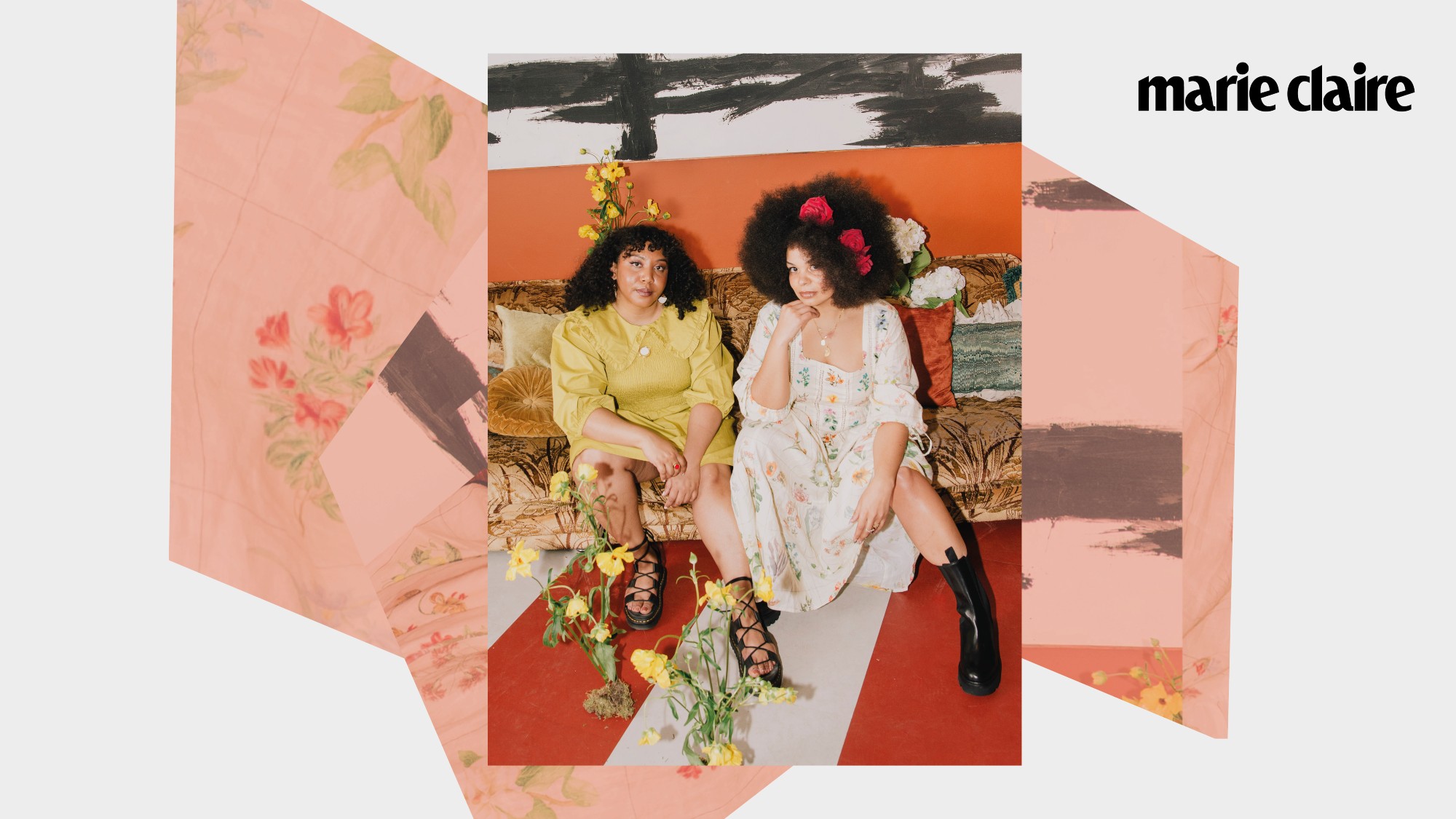 "What does being Mixed-Race mean?" writes podcasters Nicole and Emma
"What does being Mixed-Race mean?" writes podcasters Nicole and EmmaNicole Ocran and Emma Slade Edmondson explain why they were compelled to create a safe space where people discuss race and identity through the lens of Mixed-Race experiences
By Maria Coole
-
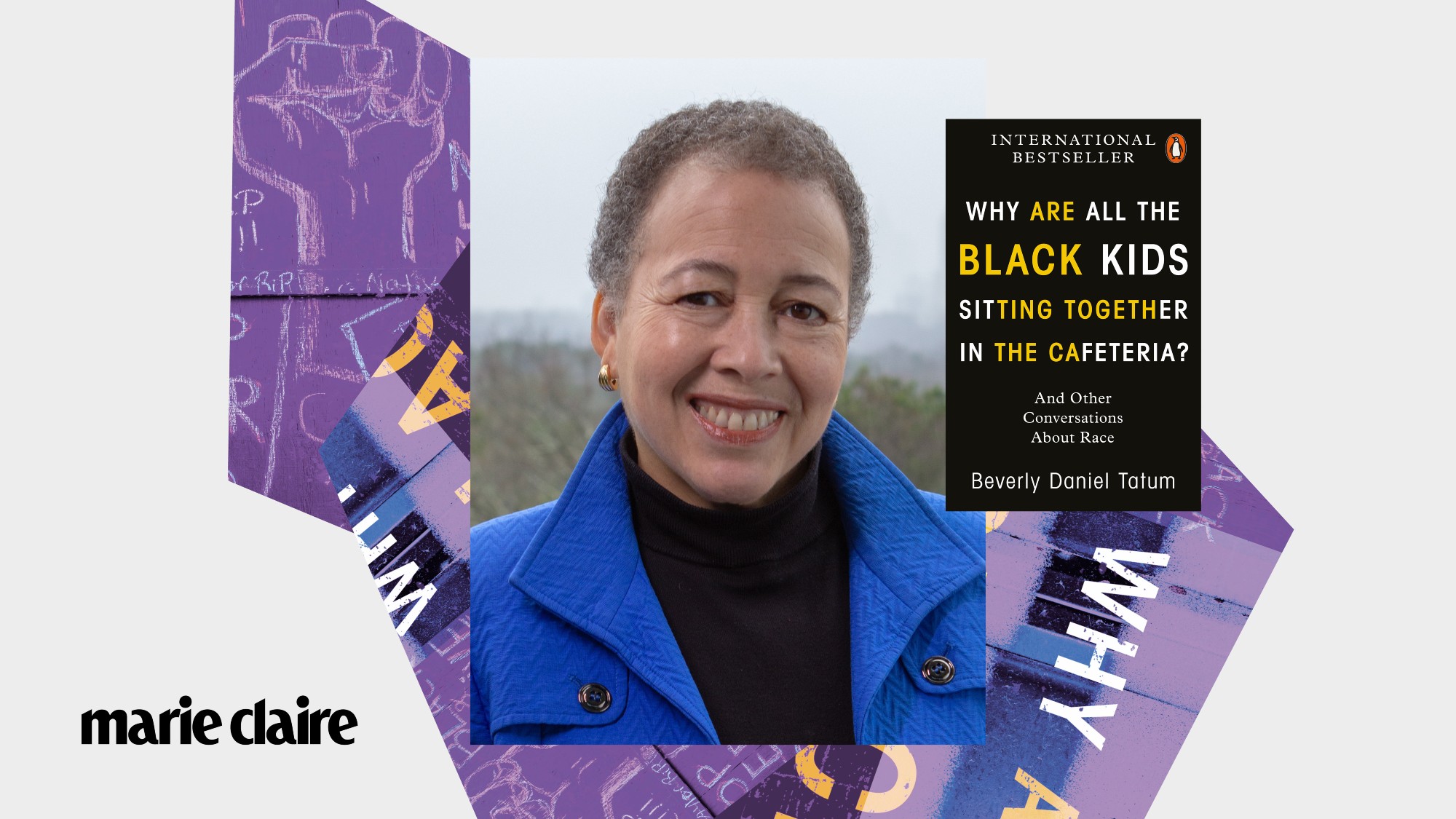 "Why we need to close the empathy gap," argues Beverly Daniel Tatum
"Why we need to close the empathy gap," argues Beverly Daniel TatumThe problems of systemic racism can't be resolved, says Beverly Daniel Tatum, acclaimed clinical psychologist and race relations expert, until white people experience genuine empathy so we can build a more inclusive community
By Maria Coole
-
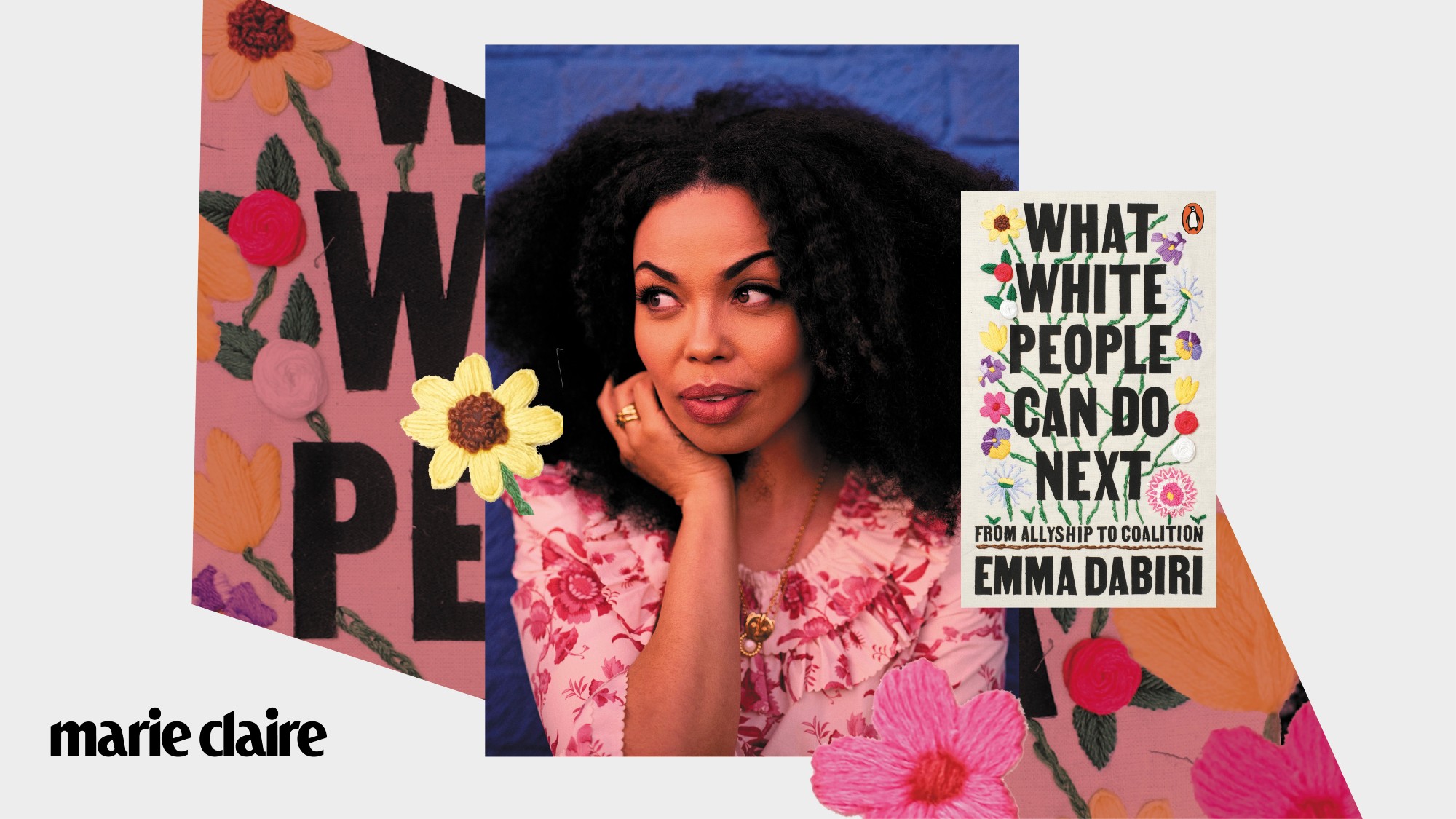 “Why allyship has messed up and how to fix it,” argues Emma Dabiri
“Why allyship has messed up and how to fix it,” argues Emma DabiriAcademic Emma Dabiri despaired every time she saw ‘allyship’ or ‘amplify your voice’ hashtags, so she wrote What White People Can Do Next - a provocative look at class, capitalism and the construction of race. It's an urgent call for coalition and dismantling racism by learning lessons from the past
By Maria Coole